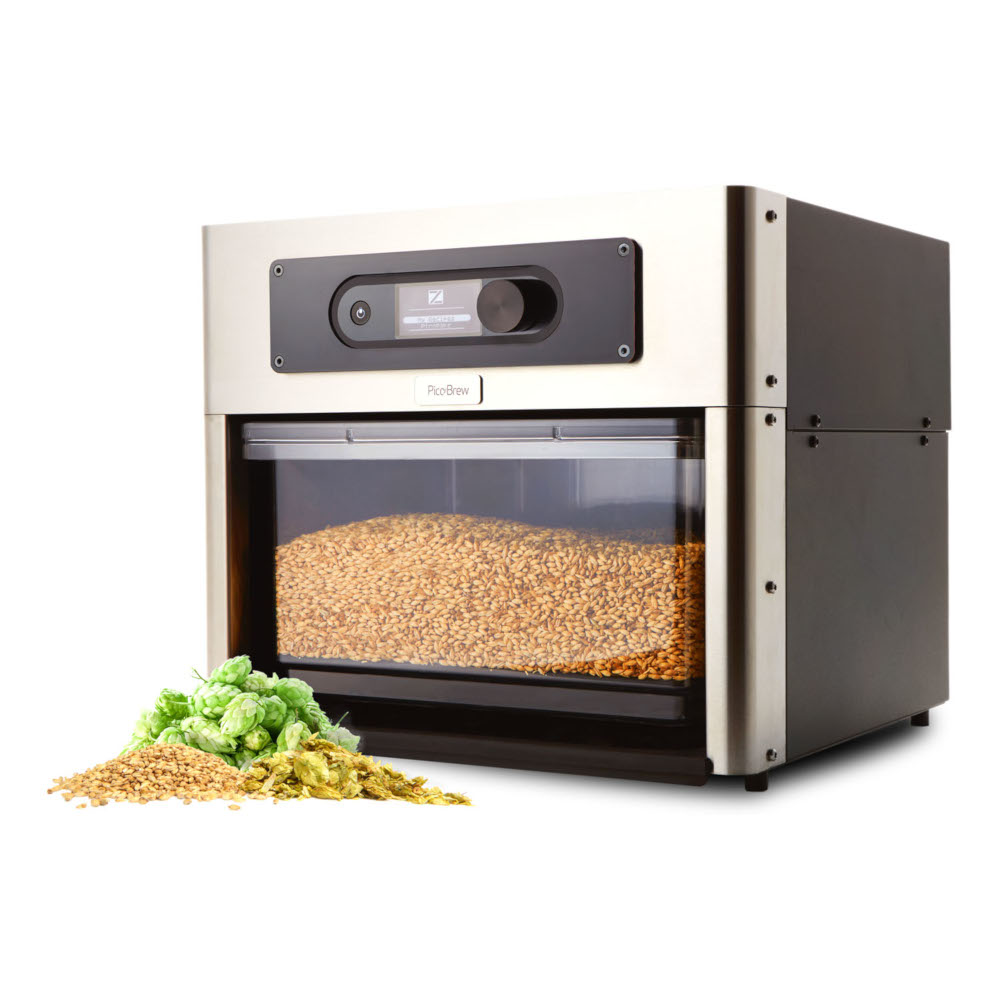The end of PicoBrew
USA | PicoBrew was considered the future of beer. But the world’s first automatic all-grain homebrewing appliance, which was as big as a microwave and could sit on a cupboard, is currently winding down.
What has happened? As reports Forbes magazine, the company was poised to make home brewing systems as commonplace as blenders or toasters. Further, it inspired a wave of automated brewing systems: LG was going to bring out its own and AB-InBev partnered with Keurig (in November 2018) for countertop beer and cocktail machines.
According to Forbes, in February 2020, PicoBrew suddenly filed for bankruptcy in Washington state, and went into court-managed receivership. In April, the firm was put up for auction. One month later, it was purchased by a creditor, while the founding team, CEO Bill Mitchell, his brother Jim Mitchell and Avi Geiger, was made redundant.
PicoBrew was the brainchild of Bill Mitchell, a food scientist and former Microsoft Vice President.
The tech hardware company launched in 2014 via a USD 14 million crowdfunder for its Pico Zymatic. As explains Forbes, the Zymatic unit made beer with just the click of a mouse. The machine could produce 5 litres of beer per batch. All users had to do was to buy kits of malts and hops and build their beers to taste. Brewing took a few hours and the beer was ready for consumption within ten days.
After the Zymatic took off in 2014, PicoBrew collaborated with craft brewers, like Dogfish Head and Elysian, for “PicoPaks” – pre-packaged ingredient modules to recreate their recipes.
When AB-InBev’s venture arm ZX Ventures got wind of the popularity of PicoBrew, it acquired a minority stake in the firm in 2017.
Diversification strategy
PicoBrew has since launched other models, and ventured into coffee, tea and spirit-making, a diversification strategy which may have been the beginning of its end. There were other concerns, not least the machine’s price. The homebrewing machines were costly (starting at USD 500) and so were the ingredients. A homebrew came to roughly USD 2 per glass. With coffee machines, at least the machines are relatively cheap compared with the expensive coffee capsules.
Also, PicoBrew has always been underfunded. It looked for a second round of institutional funding at the end of 2019. This did not materialise. Then came the auction, which put the firm into the hands of a “former bridge lender”, PB Funding Group (PB being short for PicoBrew).
The website seattletimes.com reports that PB Funding Group is managed by a former Microsoft software developer, Greg Whitten, 67, who said he will keep PicoBrew’s website running for “some period of time”, while seeking buyers for company patents and other intellectual property. That will enable the brewing monitors and other technology on PicoBrew’s devices to keep functioning for customers.
There are no plans to “open source” the technology because it is too complex for that, Mr Whitten said.
What’s next? An online auction of warehouse equipment and inventory in early June seems to hint that operations are to be wound down.


